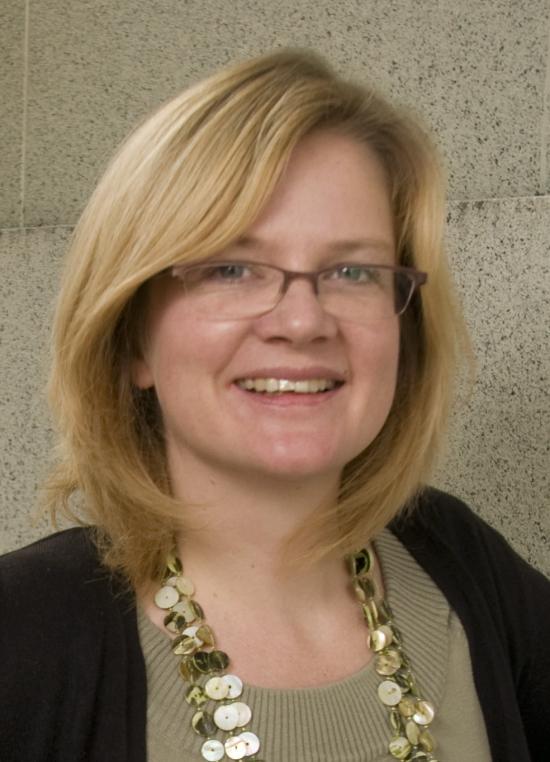Can online learning systems protect student privacy? And how do designers of learning systems impose their own values on teachers and students?
Three School of Information students discussed these questions and others during a panel discussion Saturday on productive and destructive tensions in the use of emerging media platforms, at the Digital Media and Learning Conference in Long Beach, California.
“As online platforms have become an increasingly important part of users’ learning experiences and everyday lives, it is sometimes easy to forget that these platforms are designed. That is, some person, group, or organization created them, maintains them, and governs them. Moreover, these individuals’ and organizations’ motives and means of shaping their respective platforms are diverse. Scholars have long noted the role that users play in ongoing design of technology, but how users do so in practice is critical to understanding the role of these sites as a social location of learning and knowledge production.”
The panel included Dan Perkel and Stuart Geiger, both I School doctoral students, and Heather Ford, a second-year master’s student, along with John Jones of the University of Texas.
Perkel studies the new literacies and cultural practices associated with the creation, distribution, and use of digital media; his research explores how people’s identities as creators and authors both shape and are shaped by infrastructure that supports creative practice. He plans to complete his Ph.D. this year.
Geiger is a first-year Ph.D. student who studies communities of knowledge production in highly technologically-mediated environments. He is currently studying geographically-distributed ecological scientists, and much of his past research has focused on the social and technological governance of Wikipedia.
Ford is completing her MIMS degree this spring, and is particularly interested in collaboration and the governance of global online communities; her master's final project is Masks: Designing Privacy and Identity in Education.













